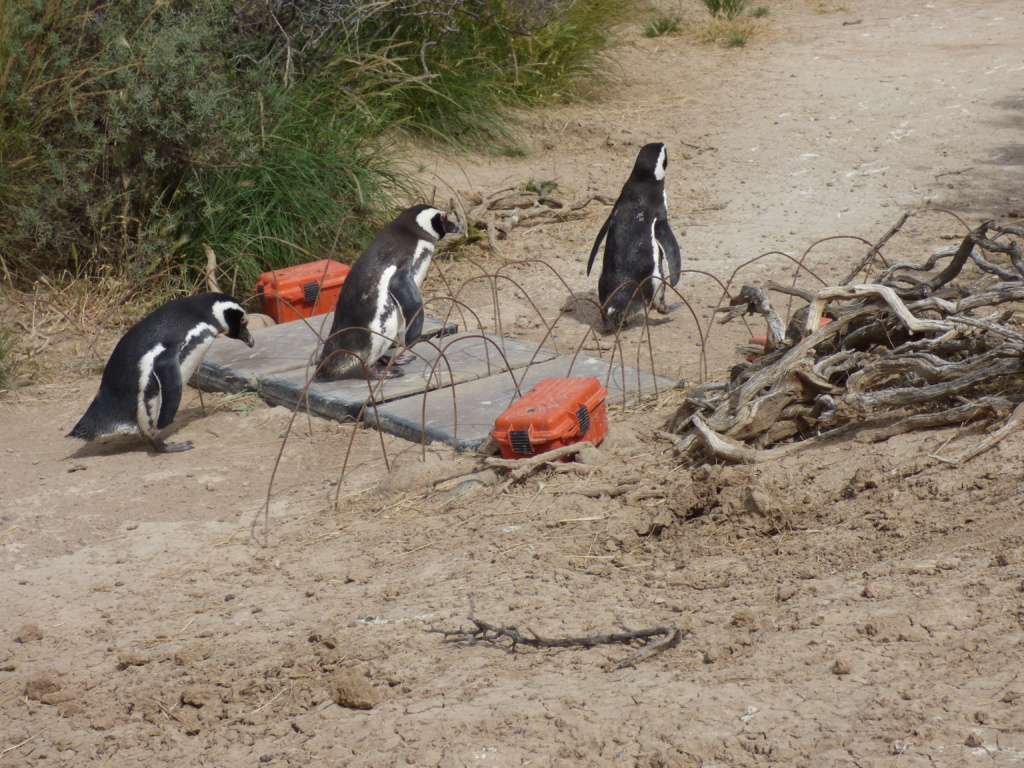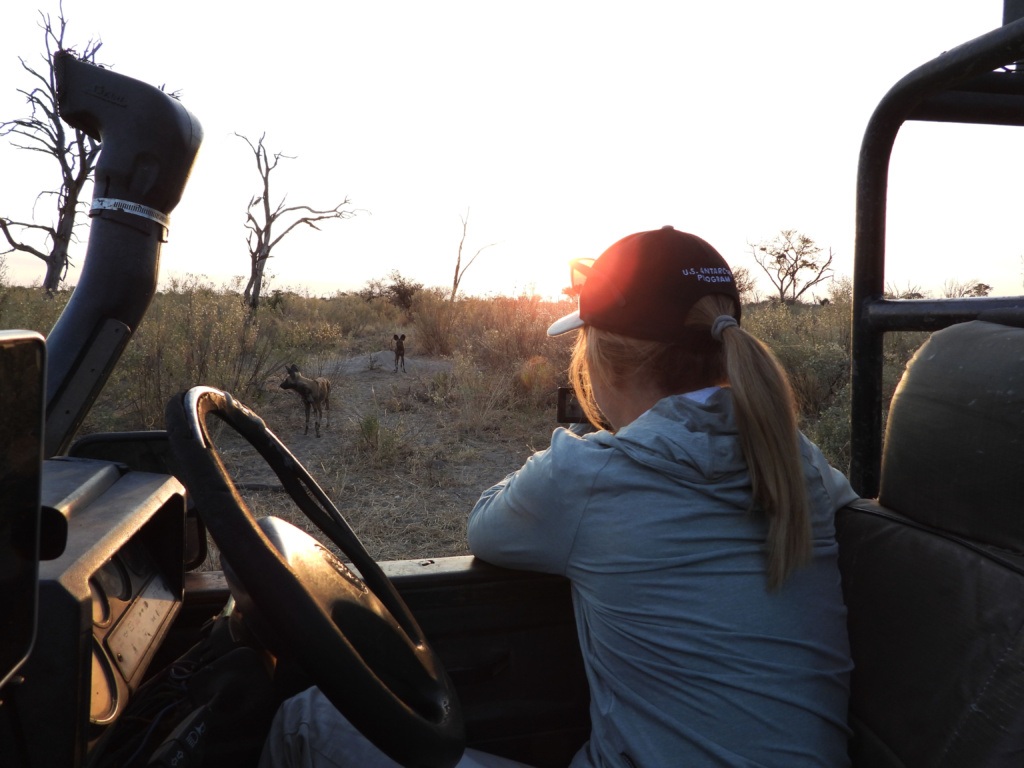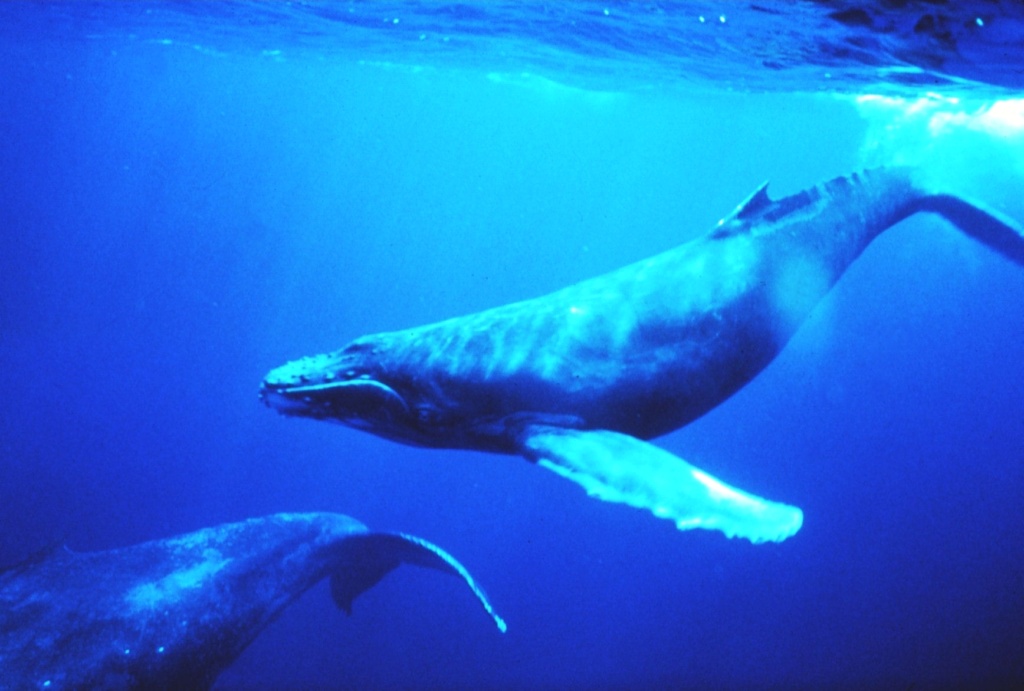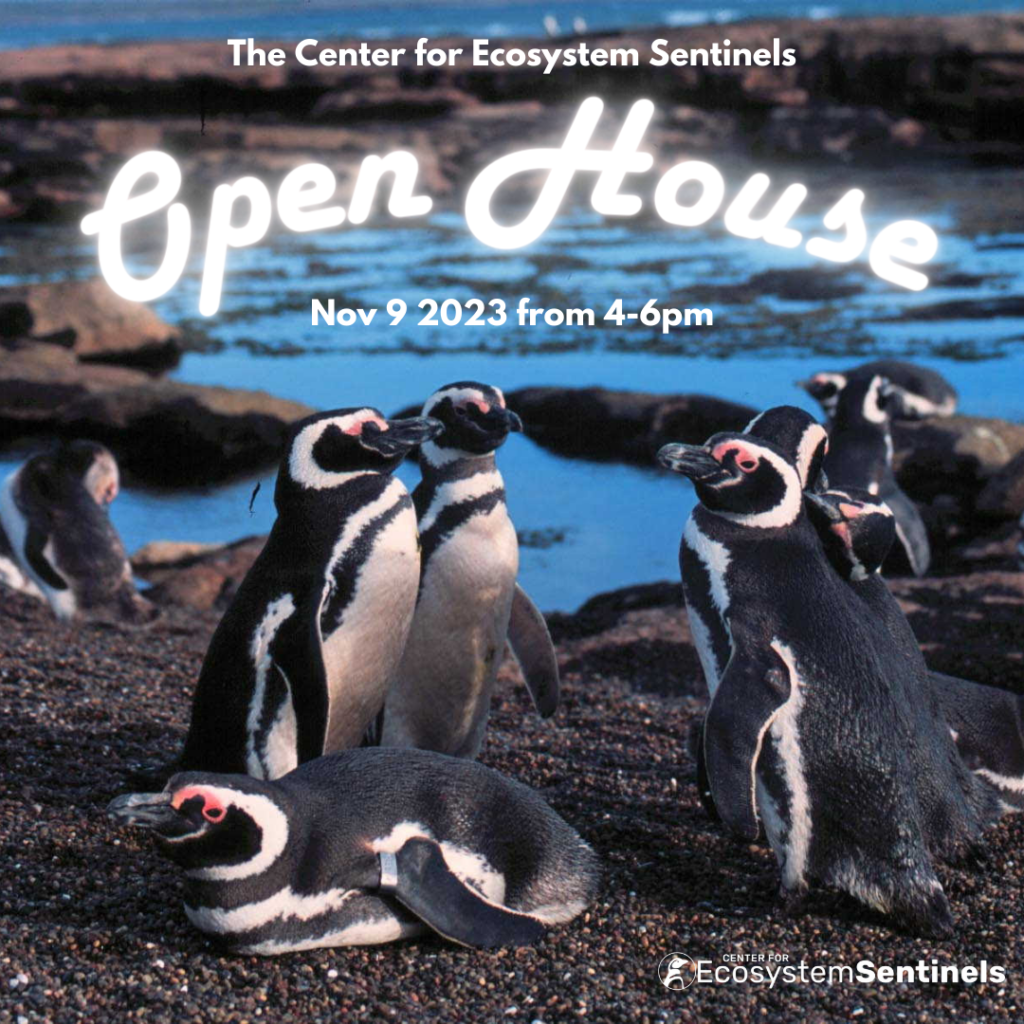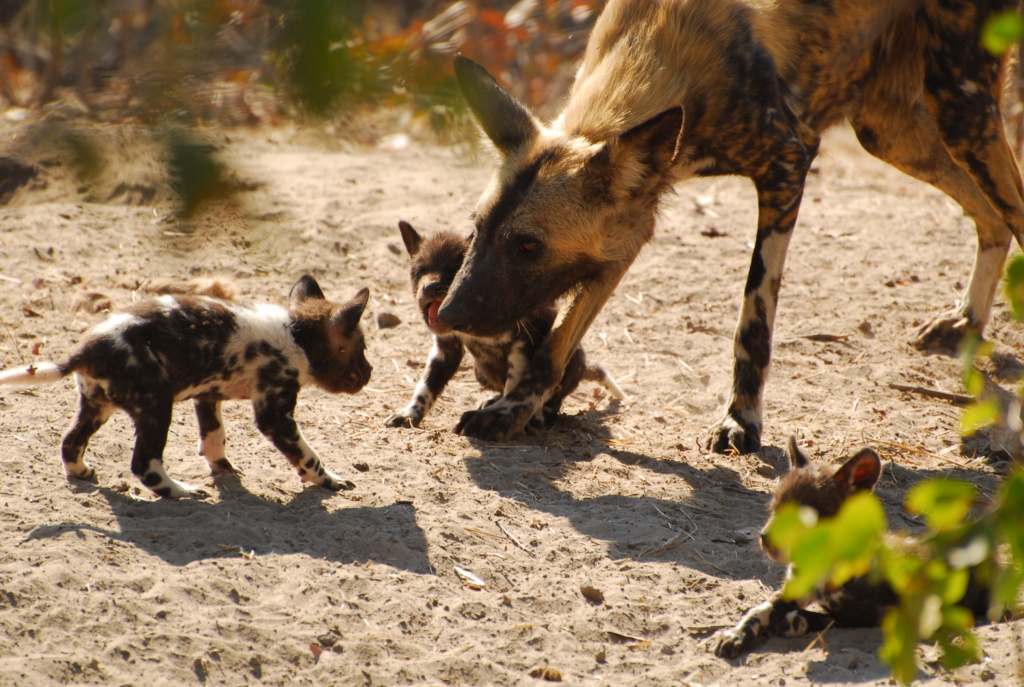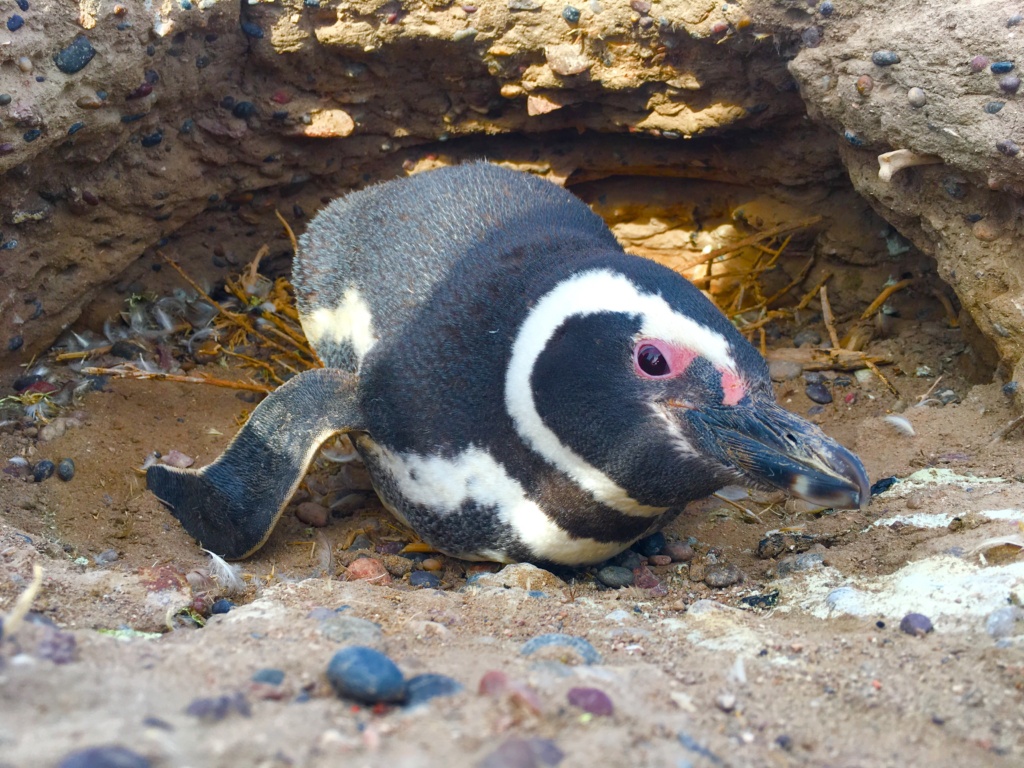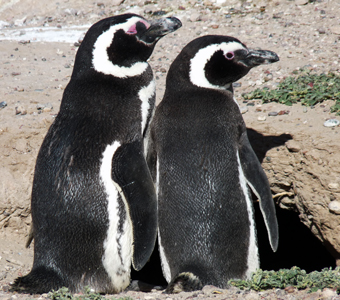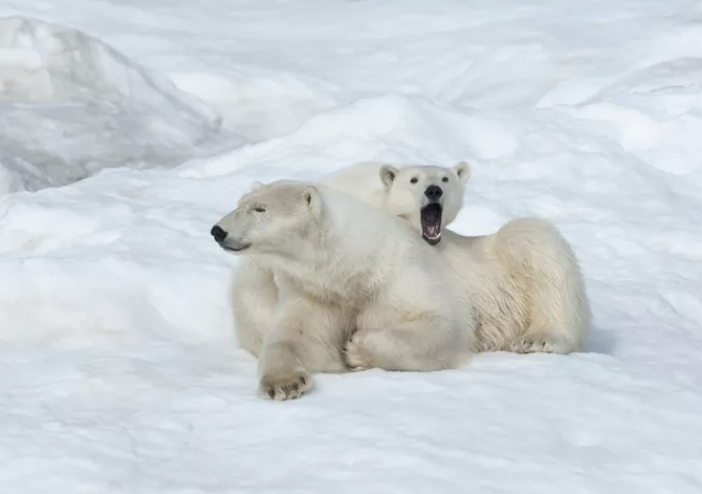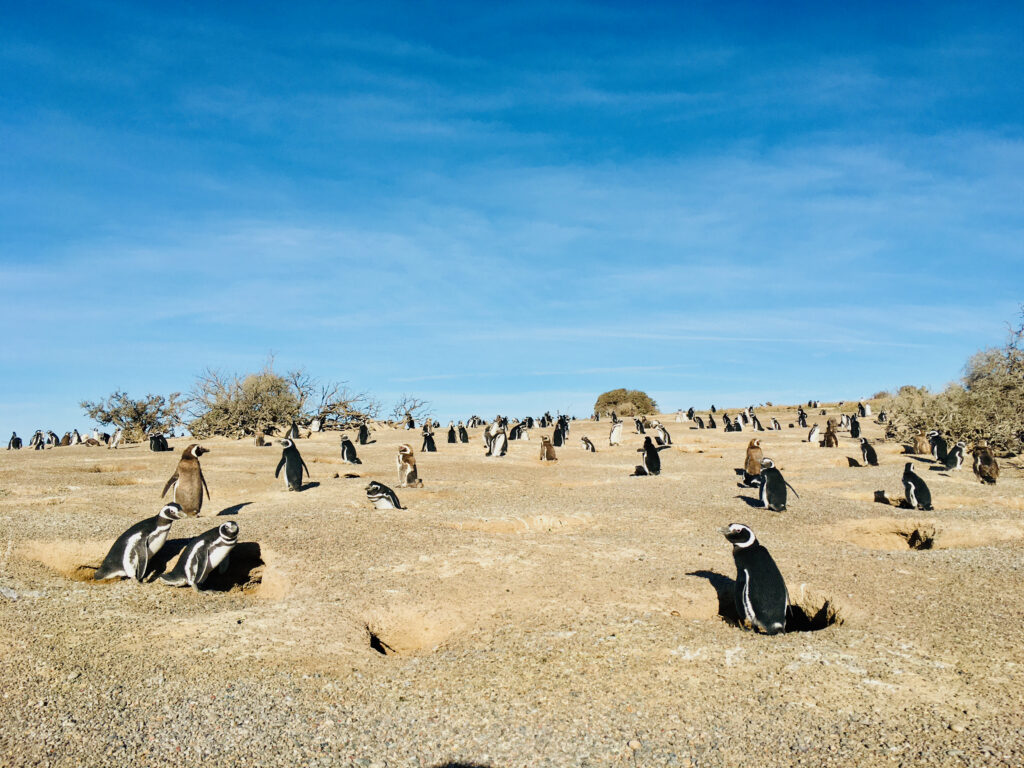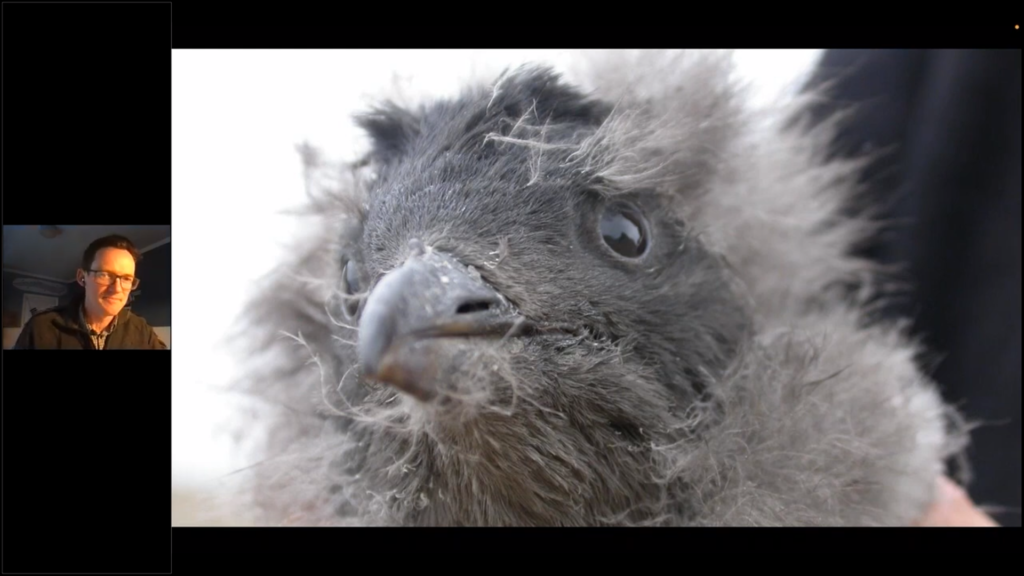Field updates: Argentina, September 2023
Written by Dr. Dee Boersma The ongoing pinniped (seals and walruses) die-off on Peninsula Valdés is catastrophic. Our contacts in Argentina–two local veterinarians (Marci Uhart and Ralph Vanstreels), and Claudia Campagna of WCS–tell us that hundreds and potentially thousands of sea lions and elephant seals have died. Avian flu (more widely known as bird flu) has devastated seabird populations throughout the world, but this is the first time it has reached Chile and Argentina. Over a million chickens were killed just in Peru to try and stop its spread. A few sea lions and one elephant seal tested positive for […]
Field updates: Argentina, September 2023 Read More »
